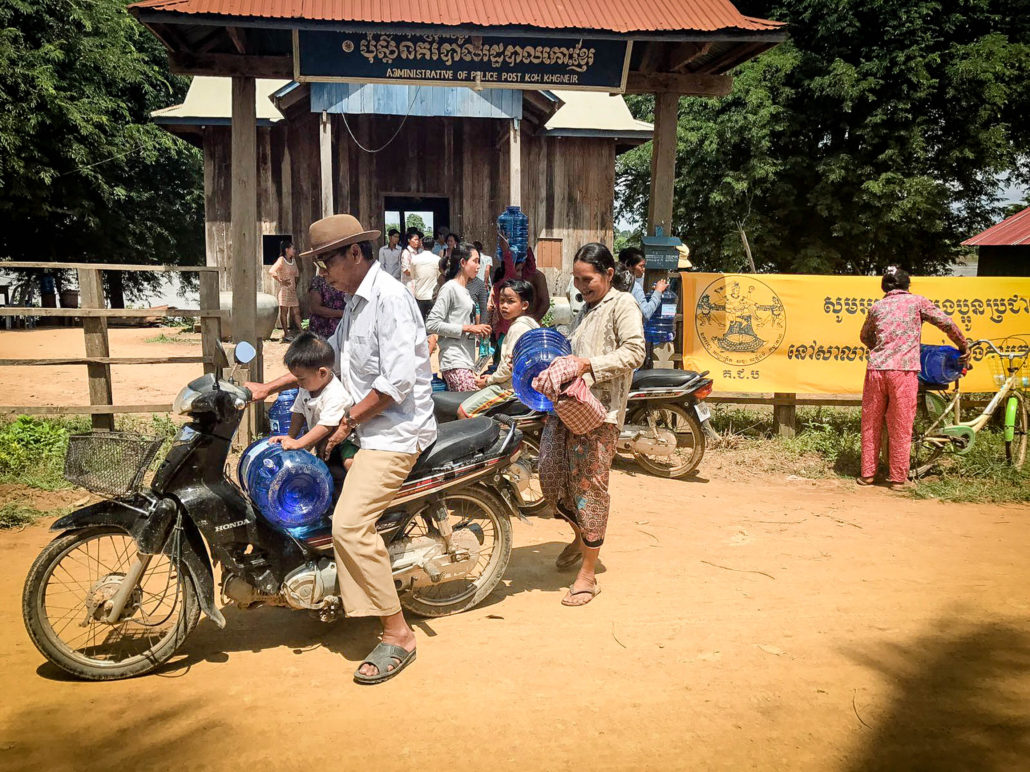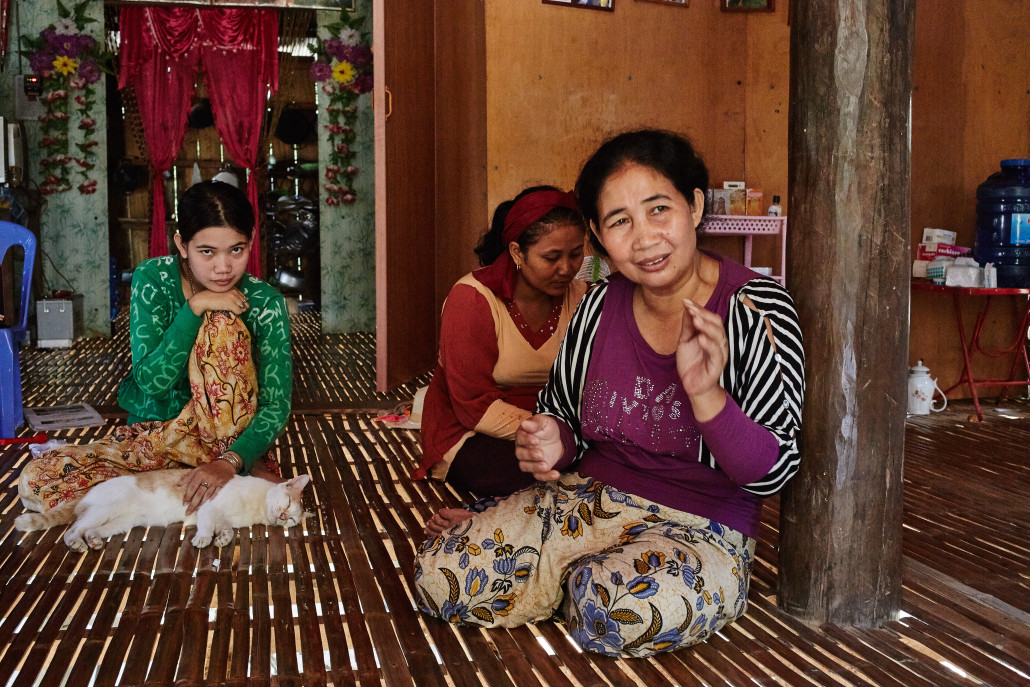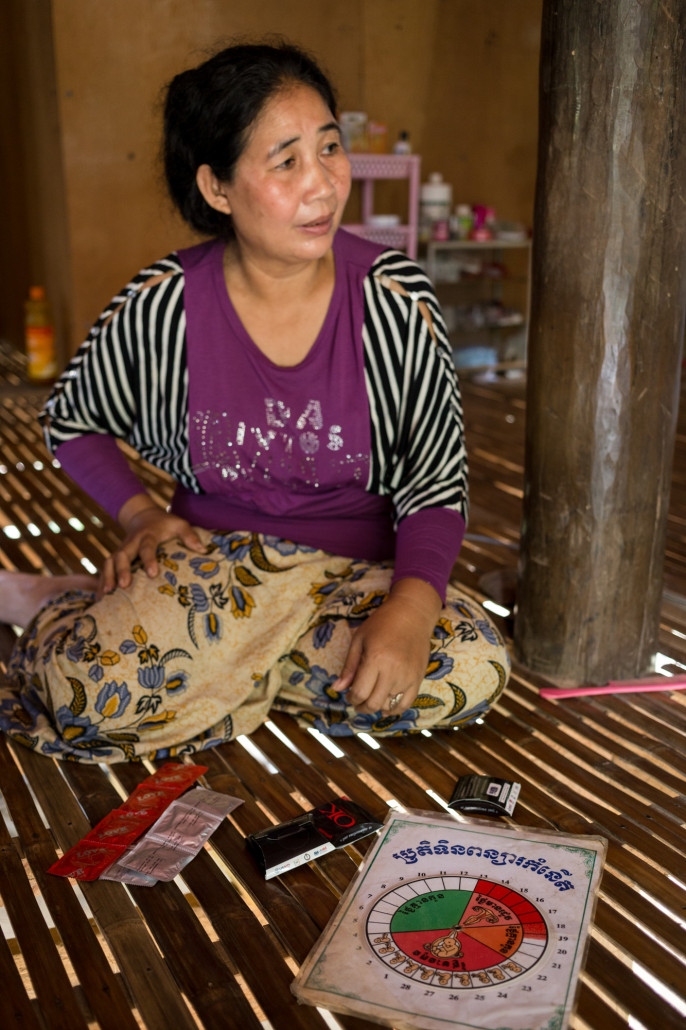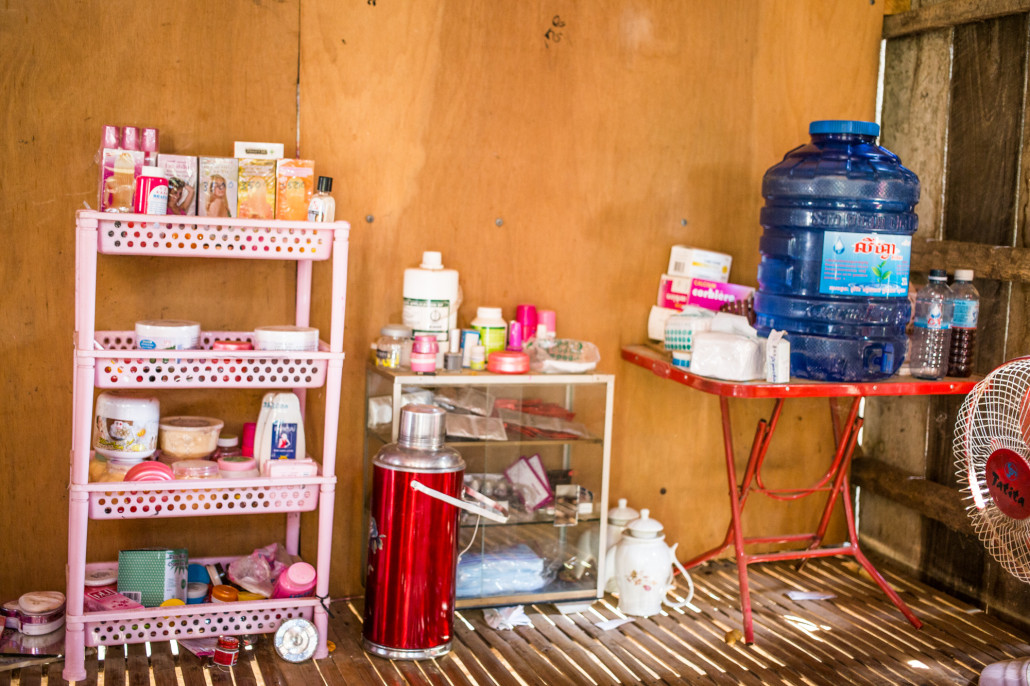Lien AID partners with UNICEF Cambodia to bring affordable clean water to more than 27,000 villagers in Kratie and Kandal Provinces
Lien AID is a Singapore-based international non-profit that is committed to enabling sustainable access to clean water and sanitation for Asia’s rural poor.
Lien AID brings clean water access to more than 27,000 villagers in the provinces of Kandal and Kratie in Cambodia. Rural communities in these provinces face clean water challenges such as the arsenic contamination of groundwater, seasonal flooding and the lack of available clean drinking water sources.
On 24 August 2017, 10 completed Community Water Enterprises (CWEs) were handed over to the respective communes. The 10 clean water projects, co-funded by UNICEF Cambodia, are expected to benefit more than 27,000 people from over 5000 households. With the launch of these 10 CWEs, Lien AID would have implemented 75 CWEs in 12 provinces in Cambodia since 2011, enabling more than 397,000 villagers to gain affordable access to clean drinking water.
These enterprises utilise a market based approach to provide affordable treated drinking water on a sustainable basis. The communes will own, operate and manage the water treatment and bottling plant through a water entrepreneur and a Water Management Committee (WMC) selected from the local communities. Lien AID will continue to monitor and review the performances of the CWEs for two years after the launch.

Government officials and Lien AID CEO having a taste of the treated drinking water inside the CWE water treatment plant
In a speech, the CEO of Lien AID, Mr. Koh Lian Hock said, “The challenge of sustainable clean water access cannot be solved by a single organisation. With the continuous support of the local government and our partners, we hope to share our knowledge and expertise so that the CWE programme can be replicated and extended to other locations, enabling more rural communities in Cambodia to enjoy sustainable access to clean drinking water.”
Many of the local villagers and water entrepreneurs expressed joy at having access to clean drinking water right in their communes. Water entrepreneur Ms. Eart Sysela Vorn sees the Community Water Enterprise as a new opportunity for her and her family. While a little nervous about picking up new technical knowledge at the age of 60, she is keen to embark on a new journey and explore an alternative source of income to farming.
“There are a lot of families that drink untreated water in my commune. With CWE, I can earn more income for myself and help families that lack access to clean water.” – Ms. Eart Sysela Vorn.
Ms. Loeung Kimlen, a farmer from Svay Chek Village, Kaoh Khnhaer Commune, said that it would be her first time drinking treated clean water. “I usually drink water from the rice farm, lake or the river. If I have the free time, I will boil the water before drinking. When I’m busy, I drink raw water. I am happy to see this Community Water Enterprise in my commune!” – Ms. Loeung Kimlen.
About Lien AID:
Lien AID is an international non-profit organisation committed to enabling sustainable access to clean water and sanitation for Asia’s rural poor. Founded in 2006, Lien AID focuses on community-based approaches in the delivery of multi-year scalable and sustainable WASH programmes. Through partnerships with local governments, civil society organisations and private businesses, Lien AID hopes to provide the impetus for better water governance and a future where clean water access is available to everyone.
About Community Water Enterprise (CWE):
The Community Water Enterprise (CWE) programme applies the principles of a social enterprise model delivered by training selected water entrepreneurs and local governments. The CWE programme is delivered in locations where piped water systems are not feasible and where readily available surface waters are biologically contaminated. Since 2011, Lien AID has implemented 75 CWEs in 12 provinces in Cambodia, enabling more than 397,000 rural villagers in Cambodia with sustainable access to clean drinking water.






































